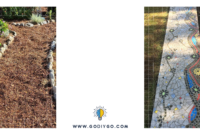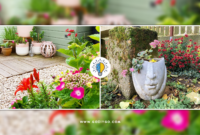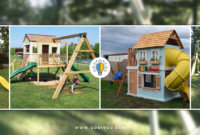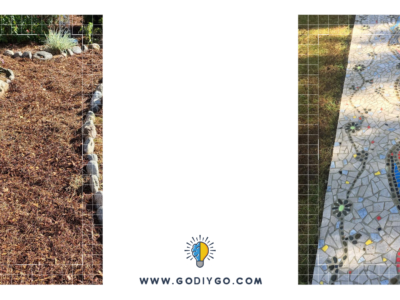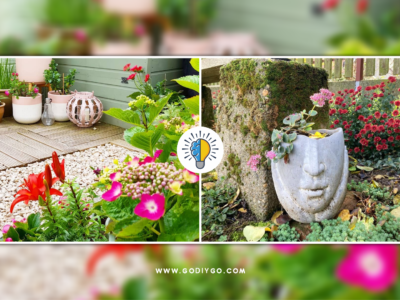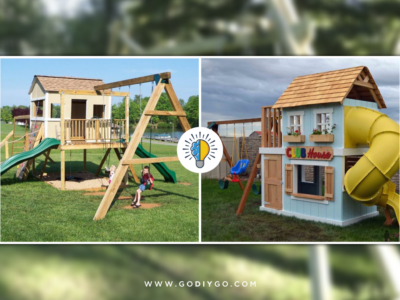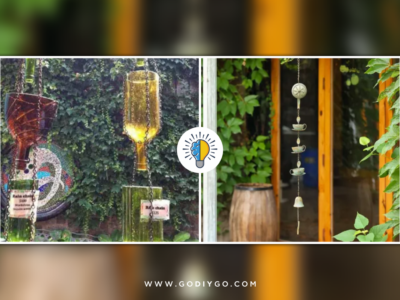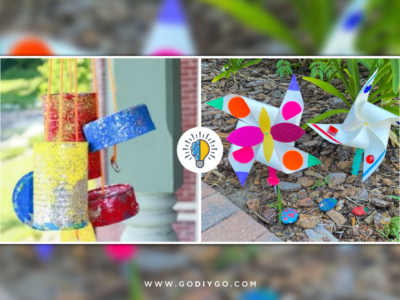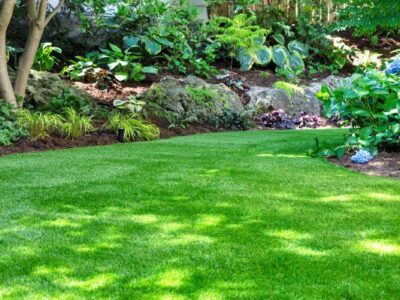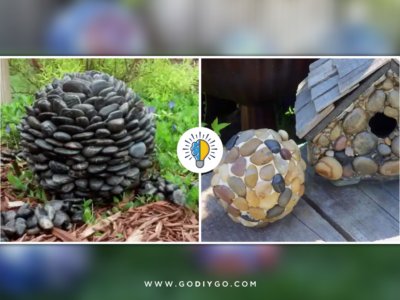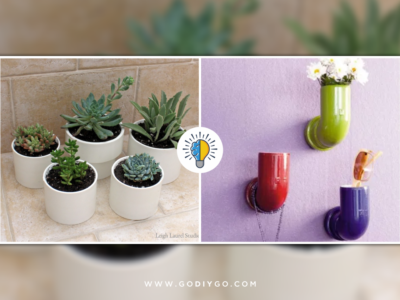Gardening is a wholesome, necessary activity for many. It’s relaxing and brings you closer to nature in a way that others who have yet had their hand in the soil can understand. If you’re like most people who are looking for a stress-free hobby to undertake in the midst of the pandemic – or post-pandemic – gloom, then you’re not alone. Gardening is an absolutely wonderful way to decompress and relax. However, every beginner is prone to making mistakes that can and should be avoided. It comes with the territory. So, if you’re new to the world of gardening, and want to make sure that you don’t fall into avoidable picadillo, then the following tips are for you.
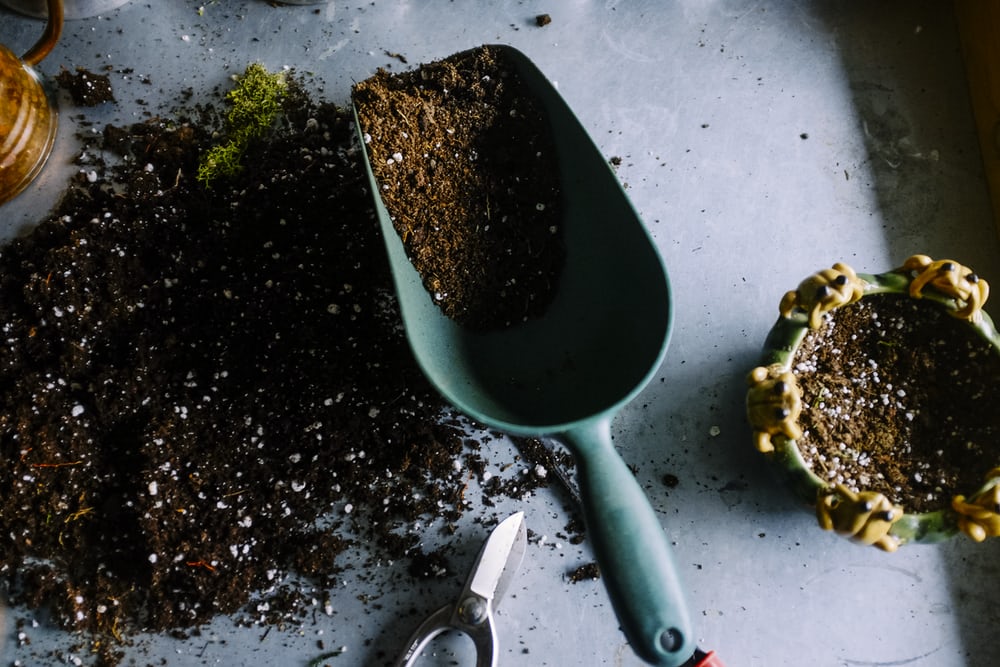
Being Overzealous
Most newbies fall into the trap of overplanting. It’s easy to feel excited about growing all sorts of herbs, vegetables, and flowers in your garden. However, over planting in a relatively small garden is a big mistake.
You often end up underestimating the time and effort it takes to care for the garden. Keeping expectations modest is the best way to ensure that you’re not killing off all your plants by not being able to properly maintain everything. If you want a big garden, then you need to be prepared for the amount of work involved.
Improper Timing
Another common mistake is planting stuff too late or too soon in the game. After a long and brutally cold winter, some gardeners are itching to plant new things in their garden as soon as a hint of warmth hits them in the face. And then, much to their chagrin, the blustery winds rise up again in the evenings, only to kill their newly planted veggies or flowers. If you live in a place that has specific weather conditions, then timing is everything. Portland, for instance, has dry summers and extremely cold winters, and this affects how gardening is done.
This is why it’s so important to do a bit of research to learn more about how specific gardening needs to be done in your area’s weather conditions. A variety of blogs and guides provided by a well-known and reliable Portland plant nursery can give you informative insight on how to take care of your plants, flowers, and soil during different seasons and weather conditions. If you wait too long to plant, the heat can stress your garden and therefore engender more effort for you in keeping everything alive and thriving. If you’re not clear on when or how to begin tending to your garden, then always ask for help.
Not All Soil is Equal
Another common mistake is to simply dig up dirt, plant seeds, and expect things to be ok. The reality is a bit more complicated than that. The soil provides the foundation for a well-nourished garden; bad soil won’t allow plants to grow and thrive. Before planting, you may want to take the time to improve the soil in your garden by using nutrient-rich supplements that can protect plants from overwatering – or under-watering.
These nutrients offer plenty of vitamins and minerals necessary for your garden to remain healthy. If the soil is near a toxic waste plant, for example, you will need extra time and resources to tend to it and ensure that it provides the right environment for your plants.
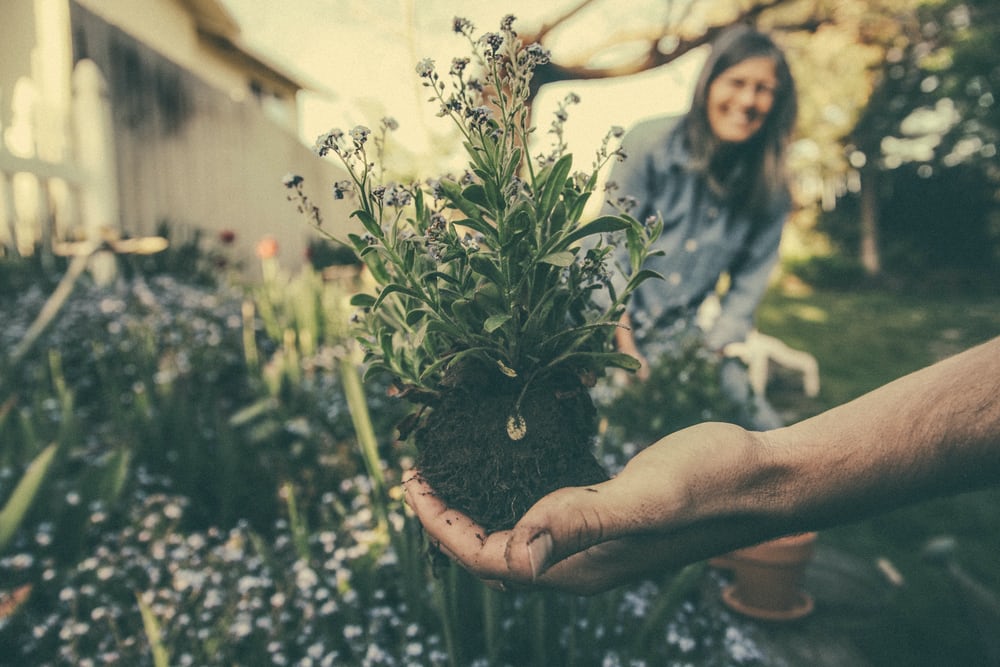
If your plants don’t take off and thrive right away, don’t be discouraged! You may need to fine-tune some aspects of your garden and gardening skills. There are quite a few books and online message boards devoted to the topic, so that should be a comfort. Also, you can always ask your local plant nursery for advice.


